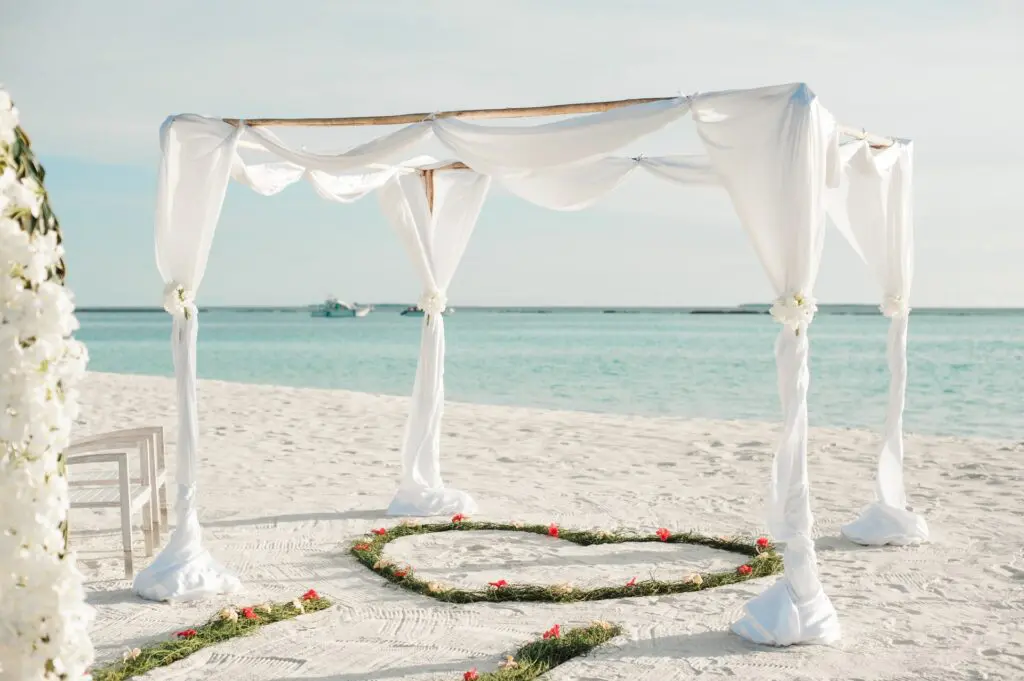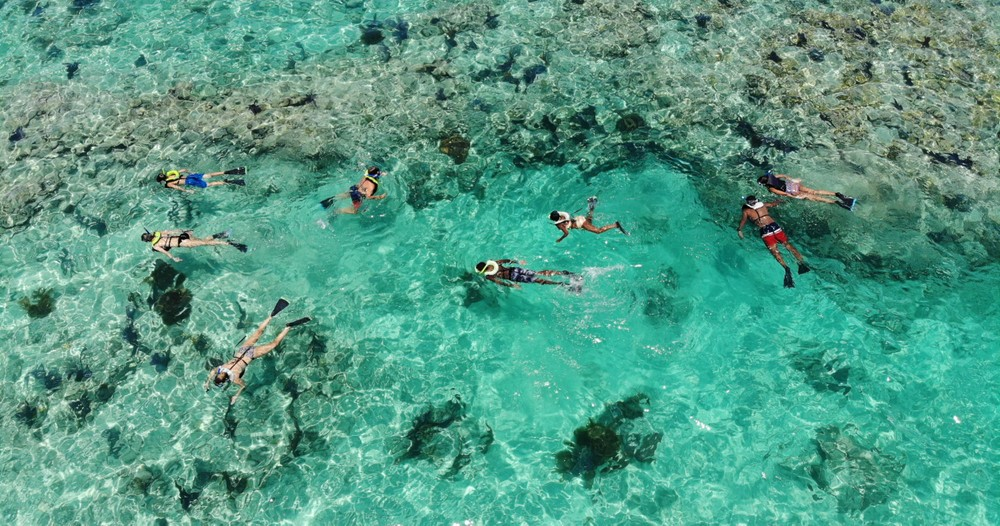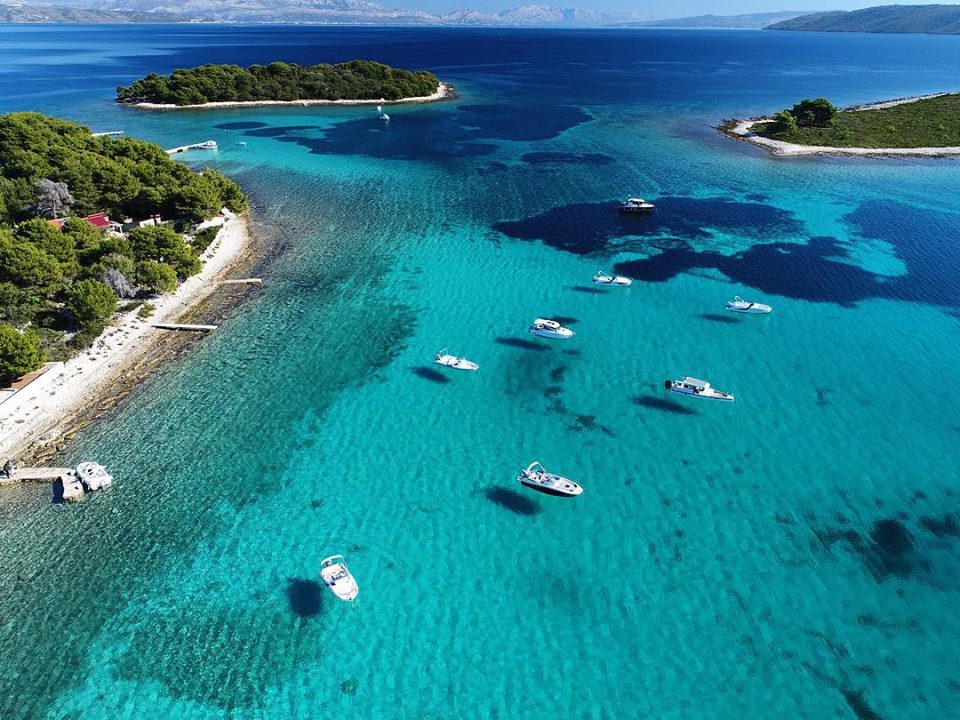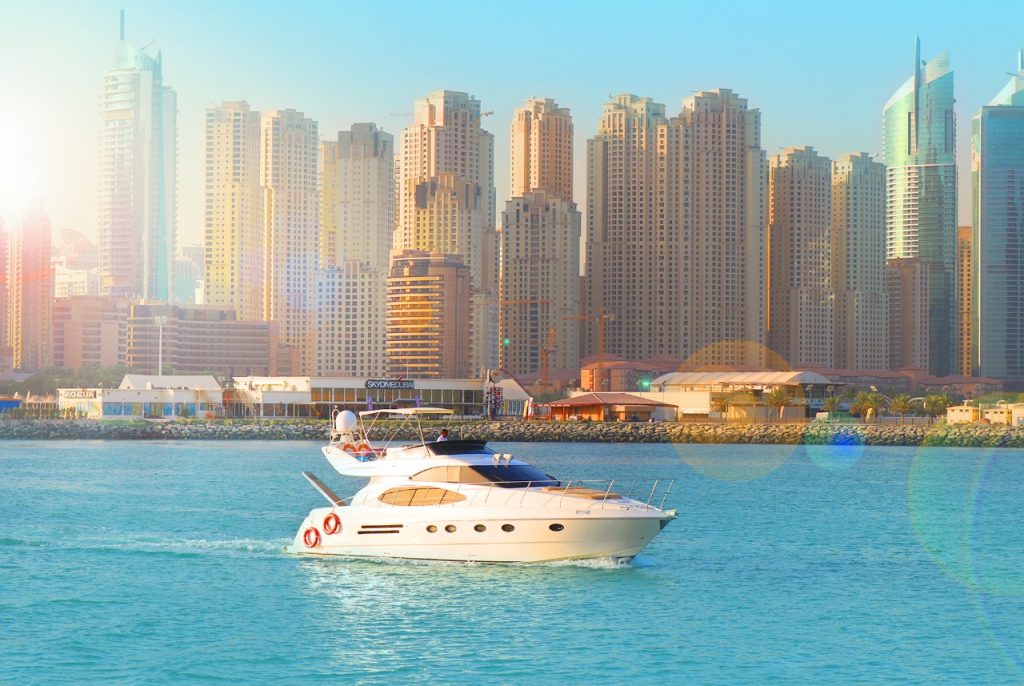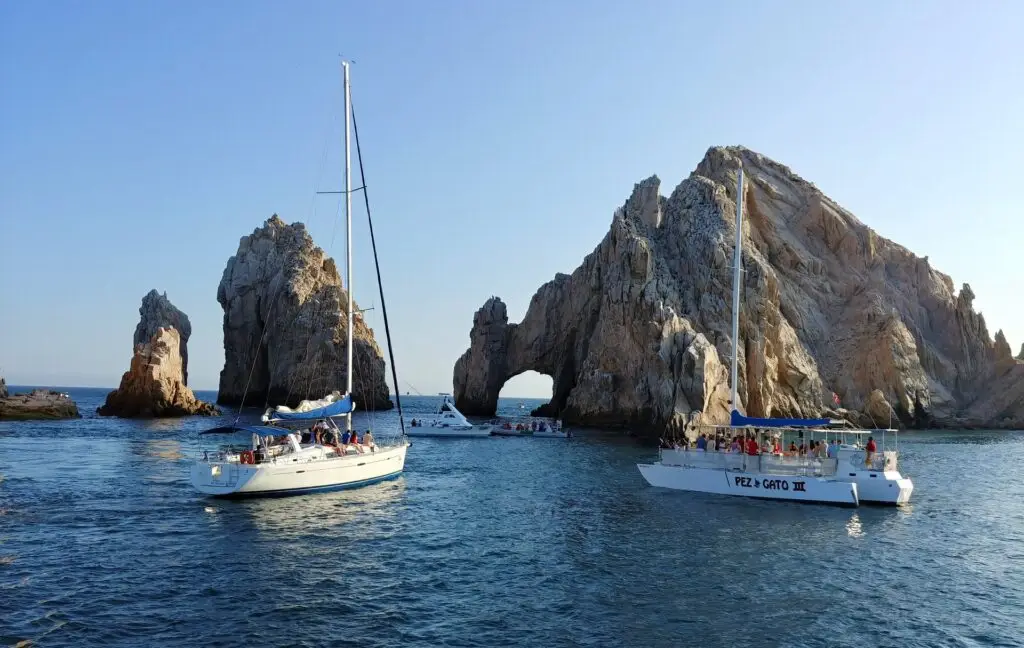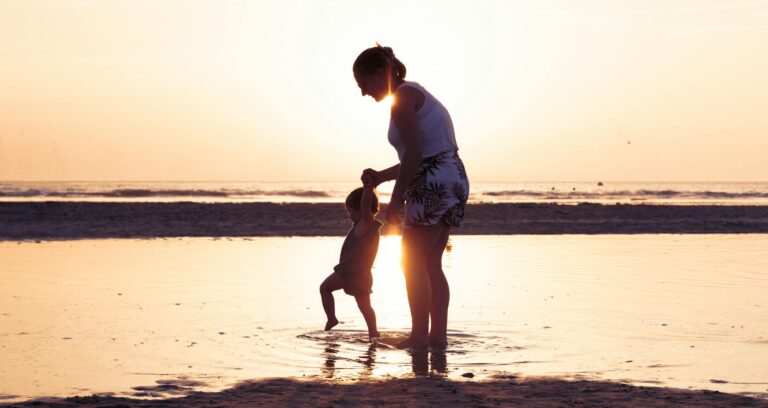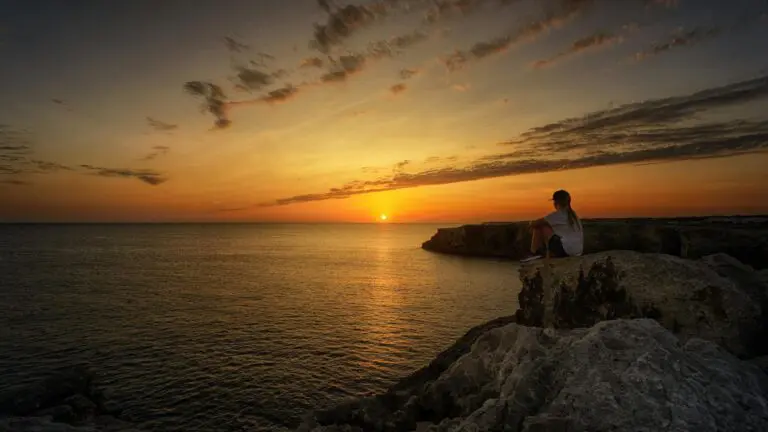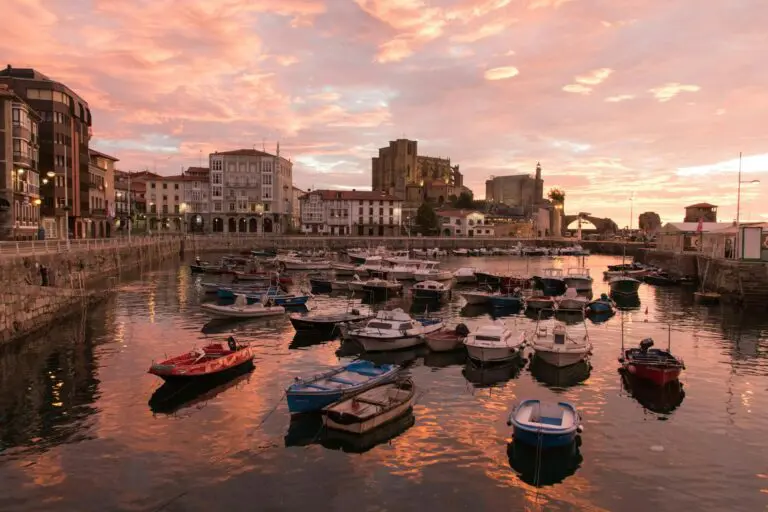The last couple of years have seen many people put aspects of their lives on hold. If you have dreamed of the perfect wedding abroad, the need to isolate may well have seen you delay proceedings. The good news is, the world is starting to open up again, and if you are planning a wedding at sea or on the beach in Greece, Portugal, or Spain, this is certainly achievable.
Nevertheless, it’s important to recognize you still have responsibilities beyond those of the pandemic. The actions of people have put our planet at a tipping point of environmental crisis. Unfortunately, weddings tend to be extravagant affairs, producing a lot of waste and utilizing a lot of resources. Particularly at sea, there is enormous potential for your event to cause damage. As such, you have an ethical duty to the planet and your host locals to plan a sustainable ceremony.
Let’s review some of the steps you can take to hold an eco-friendly wedding at sea.
Travel Sustainably
Travel is likely to be a big part of your wedding at sea. This also presents one of the most challenging aspects to perform sustainably. After all, almost all forms of transportation expend finite fuel resources. There’s also significant potential for pollutants and emissions to be released throughout your journey. It’s essential you research and adopt eco-friendly travel methods wherever possible.
This begins with how you and your guests get to your destination. Planning your sustainable travel methods in advance usually provides you with more options to be both ecologically responsible and practical. This could include selecting the most direct flights to minimize fuel consumption and emissions. You could also consider taking public transportation — particularly trains — rather than individual cars upon your arrival in the country.
If you’re literally holding your wedding at sea, you’ll also need to consider your methods here. Getting married on a large yacht off the Algarve or the Greek islands may be impressive, but many consume enormous quantities of fuel and produce significant emissions. Nevertheless, there is an increasing number of green options available. Hybrid-electric yachts use less fuel and tend to produce less noise that could disturb underwater habitats. It’s worth reaching out well in advance to see what your rental options are in this regard.
Work with the Locals
Local expertise is invaluable for any wedding. When you take the time to engage with the local community, you’ll usually find you gain useful insights that enhance your entire experience. This could be from hotel managers and concierges, tourist board representatives, or even just people from online forums. The same applies to making certain your wedding at sea is as eco-friendly as possible.
If you’re planning to host your wedding on the waterfront, you need to think about more than whether it’s the best beach in Ibiza or Faro. You should make efforts to understand what kind of environmental pressure the location is under from tourists. Locals will usually be able to provide you with the most relevant and actionable insights in this regard. They’ll know which areas are suffering most and which you can utilize without exacerbating the issue. You’ll also find locals will appreciate your respect for their areas of natural beauty.
It’s also worth working alongside local environmental agencies and wildlife organizations to identify areas of specific protection. The last thing you want is for your wedding party to cause local beach wildlife distress or for your boats to disrupt endangered species, such as the marine turtles in Thines Kiparissas. Reach out and seek their advice, providing details of your planned activities.
Avoid the Traditional
A wedding at sea is not one of the more traditional approaches to the ceremony. However, even when you’re marrying on the beach or a boat, some aspects are still likely to reflect long-held practices. Unfortunately, some of the marriage activities people tend to perform can also have a damaging effect on the environment. As such, it’s worth considering avoiding some of these traditions or finding alternative options.
Perhaps the most obvious issues here are the celebrations that create a significant amount of waste. Wedding programs, plastic party favors, even confetti can see you inadvertently releasing trash into the ocean or across the beach. Try to avoid the presence of balloons. If these are blown into the ocean environment, birds and marine animals may consume these and become unwell. Not to mention that the materials involved tend not to biodegrade.
Thankfully, adopting non-traditional wedding ideas is becoming a more popular trend, with guests and vendors alike generally supportive of these efforts. Rather than introducing non-native flowers into your wedding at sea, you can design more personalized decor. Instead of marrying on a yacht, you could have an intimate ceremony on a small sailboat. Being unconventional in your approach can not only be more eco-friendly, but it can also make the day even more memorable.
Conclusion
Holding a wedding at sea is an exciting concept, but it’s also important to recognize this is a vulnerable part of our environment. As such, you need to take responsibility for ensuring your event doesn’t cause additional damage or disruption. Consider transportation methods with lower emissions and work alongside local agencies to minimize your impact. Plan non-traditional activities that also support the ecosystem. This is one of the most important days of your life; isn’t it worth making sure it is positive for the planet, too?
